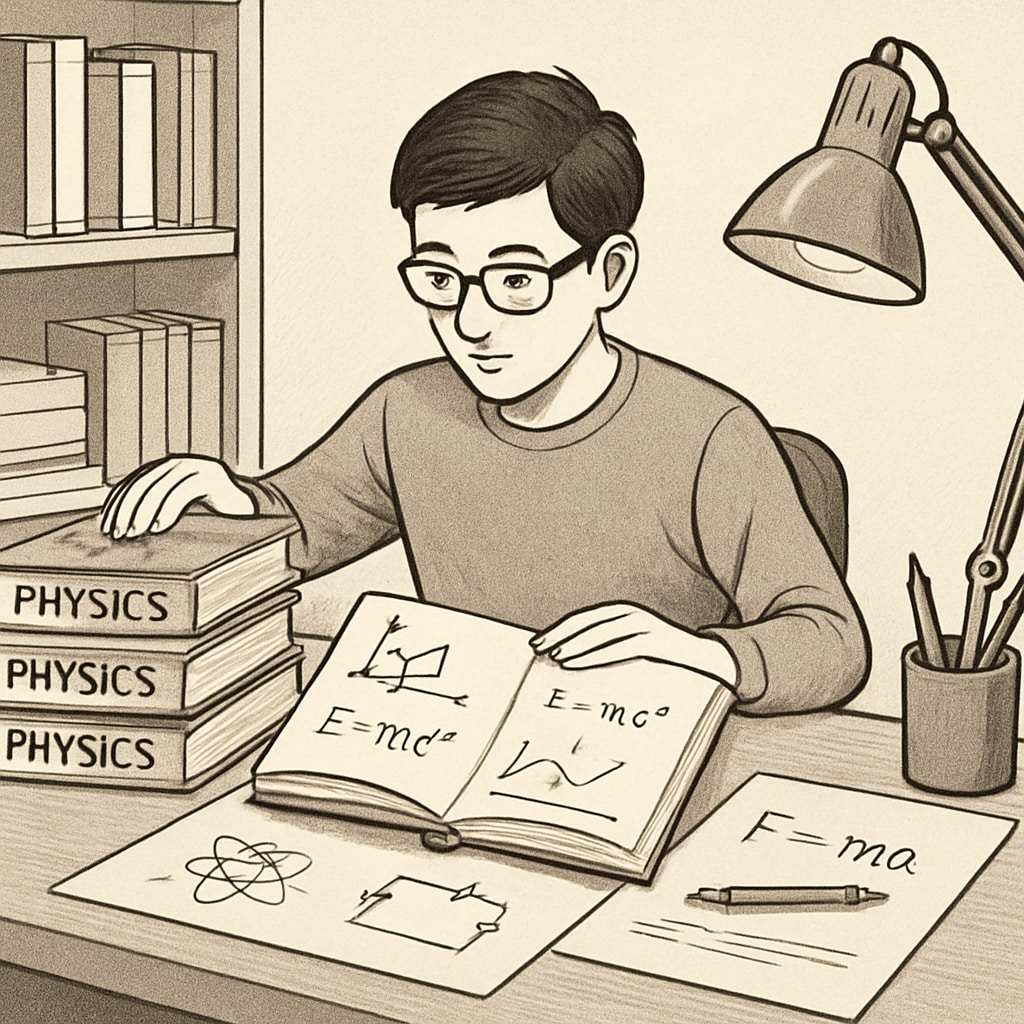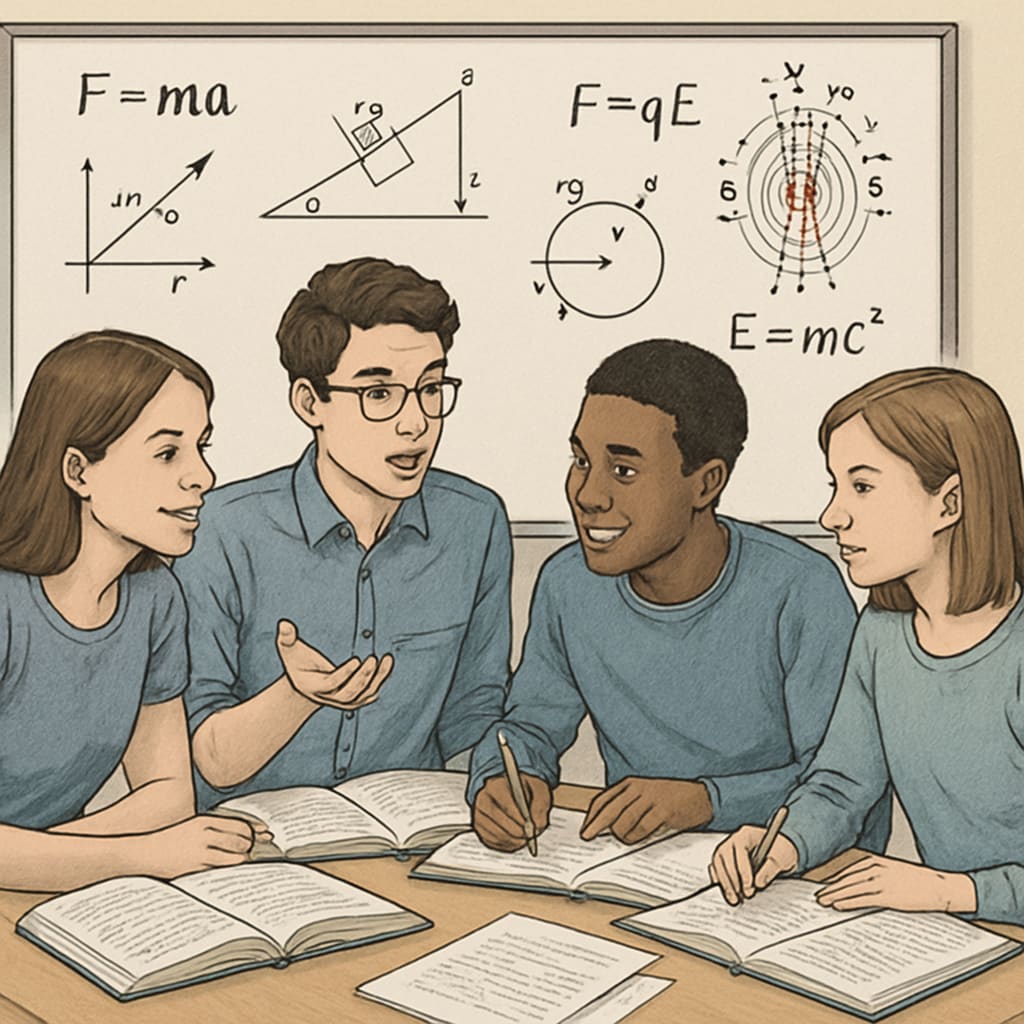For many students pursuing a BSc in Physics, backlogs can feel overwhelming. Managing multiple pending courses with limited time and resources is no easy feat. However, with the right strategies, it is possible to overcome these challenges. This article outlines proven methods for time management, resource optimization, and focused exam preparation to help students systematically tackle their backlogs and achieve their academic goals.
Understanding the Challenge of Physics Backlogs
Physics, as a discipline, demands both conceptual clarity and problem-solving skills. Backlogs often occur due to insufficient time for mastering core concepts or managing overlapping course requirements. These backlogs not only create academic pressure but also impact overall confidence. Therefore, addressing them strategically is essential for success.

Effective Time Management for Physics Backlogs
Time management is the cornerstone of clearing backlogs. Here are some actionable steps:
- Create a Prioritized Study Schedule: Identify courses with upcoming exam deadlines or higher credits. Allocate more time to these subjects while maintaining a balance for other backlogs.
- Use Time-Blocking Techniques: Divide your day into focused study blocks, dedicating each block to a specific topic or course.
- Set Realistic Goals: Break down your syllabus into manageable portions and set daily or weekly targets.
- Avoid Multitasking: Focus on one course or subject at a time to ensure better comprehension and retention.
Time management tools like Google Calendar or dedicated study planners can be incredibly helpful. For further reading on time management techniques, check out this article on Britannica.
Optimizing Resources for Exam Preparation
With limited resources, making the most of what you have is critical. Consider these tips:
- Leverage Free Online Resources: Platforms like Khan Academy offer free tutorials and problem sets for physics topics.
- Utilize Class Notes and Past Papers: Focus on materials provided by your professors or university, as they often align closely with exam content.
- Form Study Groups: Collaborate with peers to share notes, clarify doubts, and solve problems together.
- Invest in Core Textbooks: If resources allow, prioritize purchasing or borrowing key textbooks that comprehensively cover your syllabus.

Focused Exam Preparation Strategies
When exams are approaching, shifting to an exam-oriented preparation strategy is essential. Here’s how:
- Identify High-Yield Topics: Focus on topics that are frequently tested or carry significant weight in exams.
- Practice Problem-Solving: Dedicate time to solving numerical problems and past exam questions to build confidence.
- Revise Regularly: Schedule periodic revisions to reinforce your understanding of key concepts.
- Simulate Exam Conditions: Practice under timed conditions to improve speed and accuracy.
Additionally, take care of your physical and mental well-being. Adequate sleep, regular breaks, and a balanced diet can significantly enhance focus and productivity.
Maintaining Motivation and Tracking Progress
Sustaining motivation over an extended period can be challenging. Here are some tips to stay on track:
- Track Your Progress: Use a checklist or tracker to monitor completed topics and backlogs.
- Reward Yourself: Celebrate small milestones to stay motivated.
- Seek Support: Reach out to professors, mentors, or friends for guidance and encouragement.
Remember, progress may be slow at first, but consistency is key. Gradually, you’ll notice improvements in your understanding and confidence.
Conclusion
Clearing backlogs in BSc Physics is undoubtedly challenging, but it is far from impossible. By implementing effective time management strategies, optimizing available resources, and adopting a focused approach to exam preparation, students can overcome these hurdles. Stay disciplined, monitor your progress, and remember that every small step brings you closer to your ultimate goal. With determination and the right strategies, success is within reach.
For additional guidance, refer to helpful resources like educational psychology to better understand learning techniques tailored to your needs.


